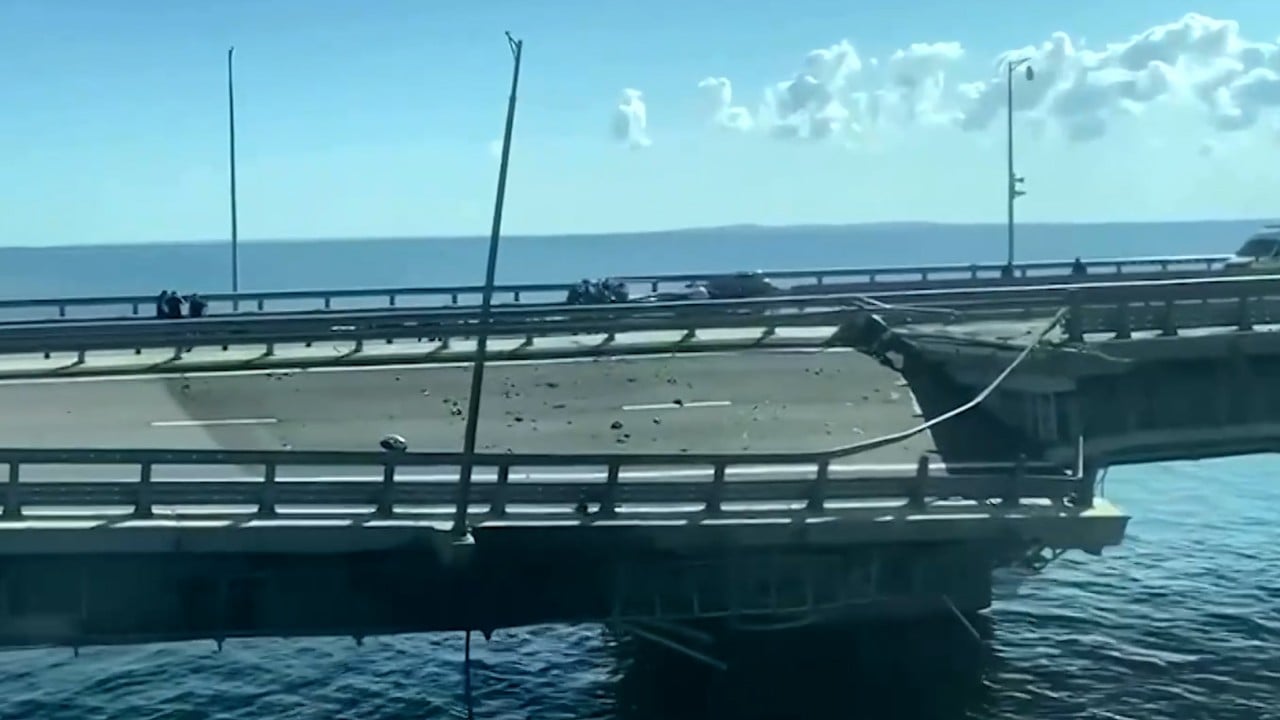Prime Minister Naftali Bennett doesn’t think Israel needs to change its “nuclear ambiguity” policy for now as a response to Iran’s latest nuclear advances, two senior Israeli officials tell me.
Why it matters: Israel has never acknowledged that it has a military nuclear program, and claims it “won’t be the first country to introduce nuclear weapons to the Middle East.” But a new report is sparking an unprecedented public debate among politicians and experts about whether Israel’s nuclear posture needs to change to deter Iran.
The backstory: A recent report by the Institute for Science and International Security stated that Iran’s nuclear advances since Donald Trump’s withdrawal from the 2015 deal are irreversible, and Iran’s “breakout time” to produce enough weapons-grade uranium for a single bomb is only one month.
- The report, which was based on analyses of UN inspectors’ public data, created a debate inside the Israeli security establishment as to whether Iran had become a de facto “nuclear threshold state” — already possessing the capabilities to build a weapon if it decides to do so.
What they’re saying: Former Israeli Prime Minister Ehud Barak wrote in the Yedioth Ahronoth newspaper that Iran had “probably crossed the point of no return,” and he hinted that Israel should review the nuclear ambiguity policy.
- Haaretz editor-in-chief Aluf Benn wrote in an op-ed that Bennett will have to reconsider the ambiguity policy as Iran continues to advance its nuclear program.
- Former Prime Minister Ehud Olmert pushed back in an op-ed of his own, stressing that any change to the posture would only serve the Iranians, allowing them to claim they need nuclear weapons to deter Israel.
- Analysts believe Israel has had a military nuclear program since the late 1960s that now includes more than 200 warheads for its long-range Jericho missiles.
Behind the scenes: Bennett read Barak’s article and rejected its premise, a senior Israeli official tells me. The prime minister isn’t considering a change to Israel’s nuclear posture.
“Bennett doesn’t think that it’s game over about Iran’s nuclear program. He thinks that Iran is indeed very close to that point, but that there is still time, and if Israel acts on its own and with its allies in a systematic way, it is still possible to stop them.”
— Senior Israeli official
Driving the news: In his speech at the UN General Assembly on Monday, Bennett threatened to take military action against Iran’s nuclear facilities.
- “Iran’s nuclear program has hit a watershed moment and so has our tolerance. Words do not stop centrifuges from spinning. We will not allow Iran to acquire a nuclear weapon,” he said.
State of play: The indirect talks between the U.S. and Iran to salvage the 2015 nuclear deal are still frozen, and the International Atomic Energy Agency accused Tehran on Sunday of violating a deal to allow inspectors to install new surveillance cameras at a key nuclear site.
- The old cameras were damaged in an act of sabotage at the site in June, which Iran attributed to Israel.
What’s next: Israeli national security adviser Eyal Hulata will travel to Washington next week for talks on Iran with his White House counterpart Jake Sullivan.
Note: This article have been indexed to our site. We do not claim ownership or copyright of any of the content above. To see the article at original source Click Here













